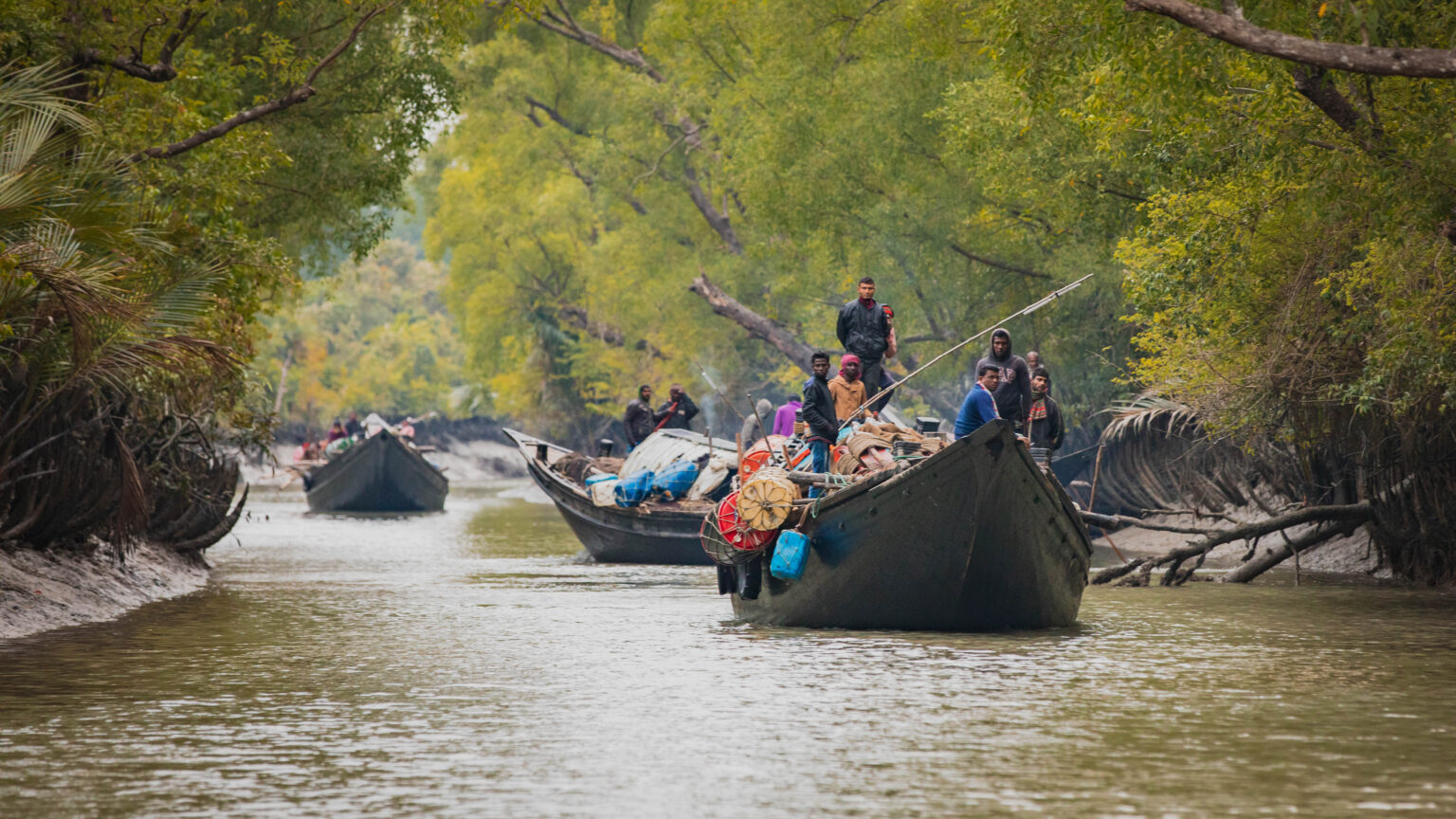Co-Constructing Solution Pathways with Coastal Vulnerable Groups in Africa and Asia.
This project addresses risks to low-lying socio-ecological systems, and the communities residing in them, that might inadvertently result from climate change adaptation (CCA) strategies. In particular, we are focusing on the impacts of seawalls and /embankments on coastal fisher communities and local ecosystems in Ghana, the Philippines and the Sundarbans region along the border of Bangladesh and India. The objectives are to:
